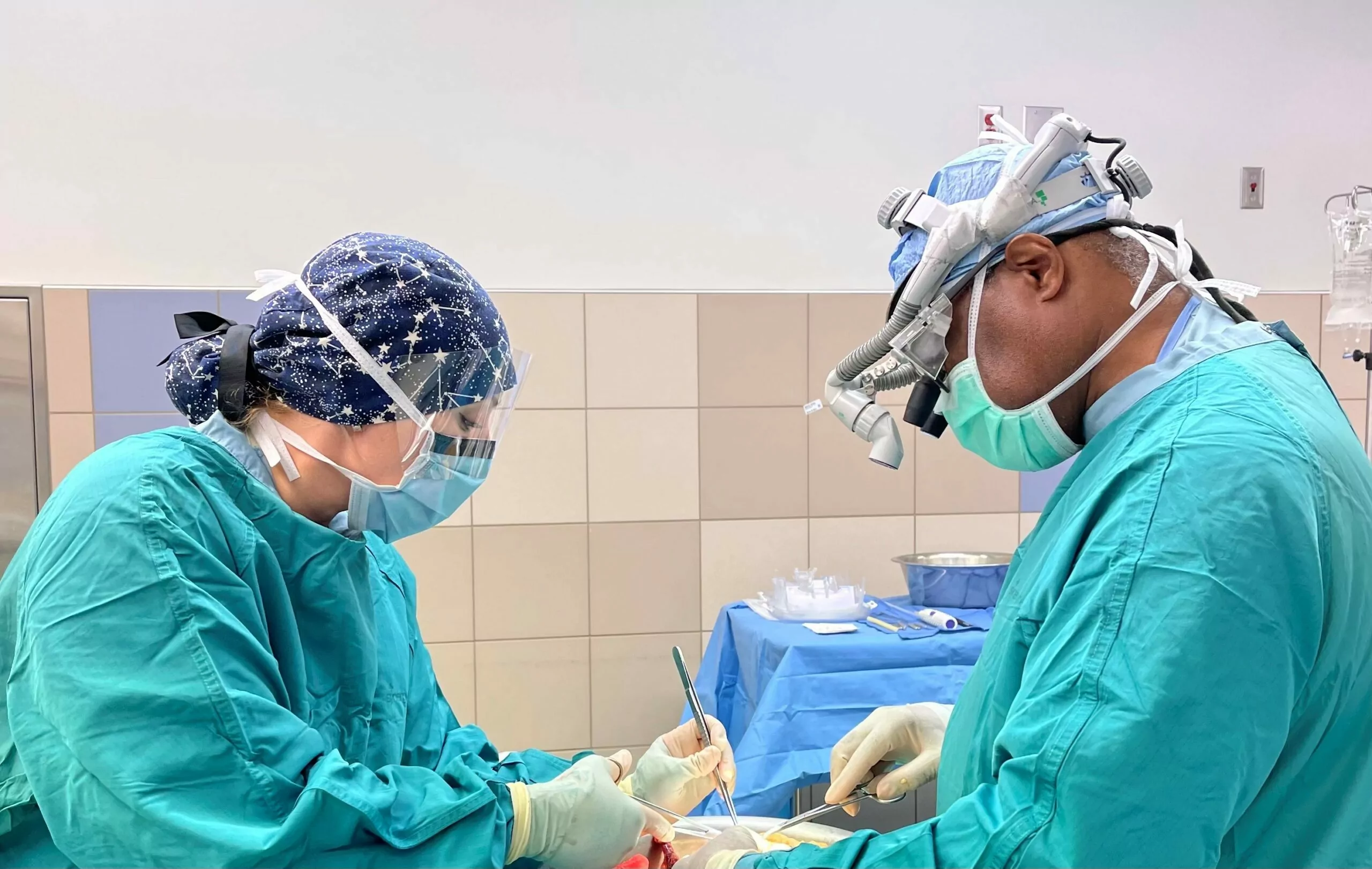Organ and tissue donation can be a complicated process, yet it also embodies one simple truth: You have the power to save and improve lives by deciding to be a donor.
Many people don't think about organ and tissue donation until it directly affects their lives. When the topic comes up, many realize they have lingering questions about donation. We appreciate every opportunity to dispel misleading urban legends and correct the many misconceptions about donation. The life of every Michigan patient waiting for an organ transplant depends upon people making educated, compassionate decisions about being an organ, tissue and eye donor.
Organ Donation Process
- A patient with a severe brain injury is admitted to the hospital, and every attempt is made to treat and save that person’s life.
- The patient declines, has irreversible brain function, requires a ventilator and – after evaluation, testing and documentation – is declared brain dead. Brain death is irreversible cessation of brain function, characterized by absence of electrical activity, blood flow and brain function. A brain dead person is dead, although his or her cardiopulmonary functioning may be artificially maintained by a ventilator for some time. Brain death should not be confused with a coma.
- A referral is made to Gift of Life Michigan to evaluate the suitability of the patient for donation.
- The Michigan Organ Donor Registry is checked to determine whether that patient declared their decision to donate organs and tissue. If the patient is a registered donor then first-person authorization takes effect, allowing the donation to proceed. If the patient’s name is not on the Donor Registry then their family is offered the opportunity to donate the patient’s organs and tissue.
- Once authorization is determined, the donor is kept on the ventilator and stabilized with fluids and drugs. Tests and an interview with the donor's legal next-of-kin or their designee help determine whether each organ is healthy and suitable for transplantation.
- Potential organ recipients are identified according to blood type, severity of illness, other medical matching criteria and other protocol of the United Network for Organ Sharing, a national organization that handles the organ matching and placement process.
- The donor may remain at the hospital or be moved to Gift of Life Michigan's Donor Care Center in Ann Arbor. Surgical teams arrive and the donor is moved to the operating room on the ventilator.
- After a moment of silence in honor of the donor, surgery begins. Organs are removed, cooled and preserved with special solutions. Surgical teams immediately return to their respective hospitals with the organs to perform the recipients’ transplant surgeries.
- Tissue donation may take place after the organs are removed.
- The donation process may take about 24-36 hours.
- The donor is released to the family and funeral arrangements proceed. Donation need not interfere with open-casket memorials.
- Gift of Life will cover all costs associated with the organ and tissue procurement process.
- Gift of Life later provides the donor’s family with basic information about the recipients of their loved one's gift or gifts.
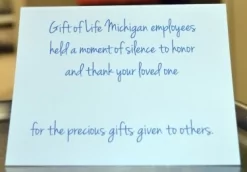
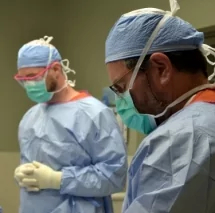
Donation After Circulatory Death
In some instances, donation can occur with a patient who, although not brain dead, is severely brain injured and has no hope for recovery. The family makes the decision to end life-sustaining measures, the machine support is withdrawn and shortly after the heart stops a doctor pronounces that the patient has died. Organs may then be recovered quickly for transplantation. This process is known as donation after circulatory death.
Tissue Donation Process
- When a person dies in a hospital and he or she is not on a ventilator at the time of death, the hospital notifies Gift of Life Michigan to assess the suitability for tissue donation. In certain cases, the call (or referral) may come from a medical examiner or hospice worker.
- Based upon the medical information provided by the hospital, Gift of Life may contact the family of the potential donor by phone.
- The Michigan Organ Donor Registry is checked to determine whether the person was a registered donor. If so, first-person authorization allows the donation to proceed. If his or her name is not in the Donor Registry then the family is offered the opportunity to donate the person’s tissues.
- Once authorization is received, Gift of Life asks a series of detailed questions about the donor, similar to those asked of blood donors, to assess the suitability of the gifts before they are transplanted into others.
- After the medical/social history interview, Gift of Life will arrange for its personnel to recover the tissues that will benefit others. This surgery will usually take place at Gift of Life Michigan's Donor Care Center in Ann Arbor.
- After a moment of silence in honor of the donor, surgery begins. Once recovered, the tissue is sent to a processor which will conduct further tests and procedures to ensure the safety of the tissue and prepare it for surgical use in the recipients.
- Gift of Life covers all costs associated with the tissue recovery.
- The donor is released to the family and funeral arrangements proceed. Tissue donation might slightly delay the body's transport to the funeral home. Donation need not interfere with funeral arrangements, including open-casket memorials.
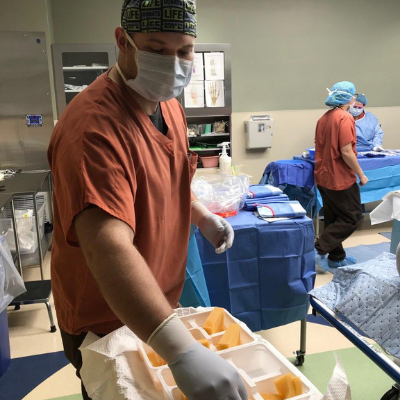
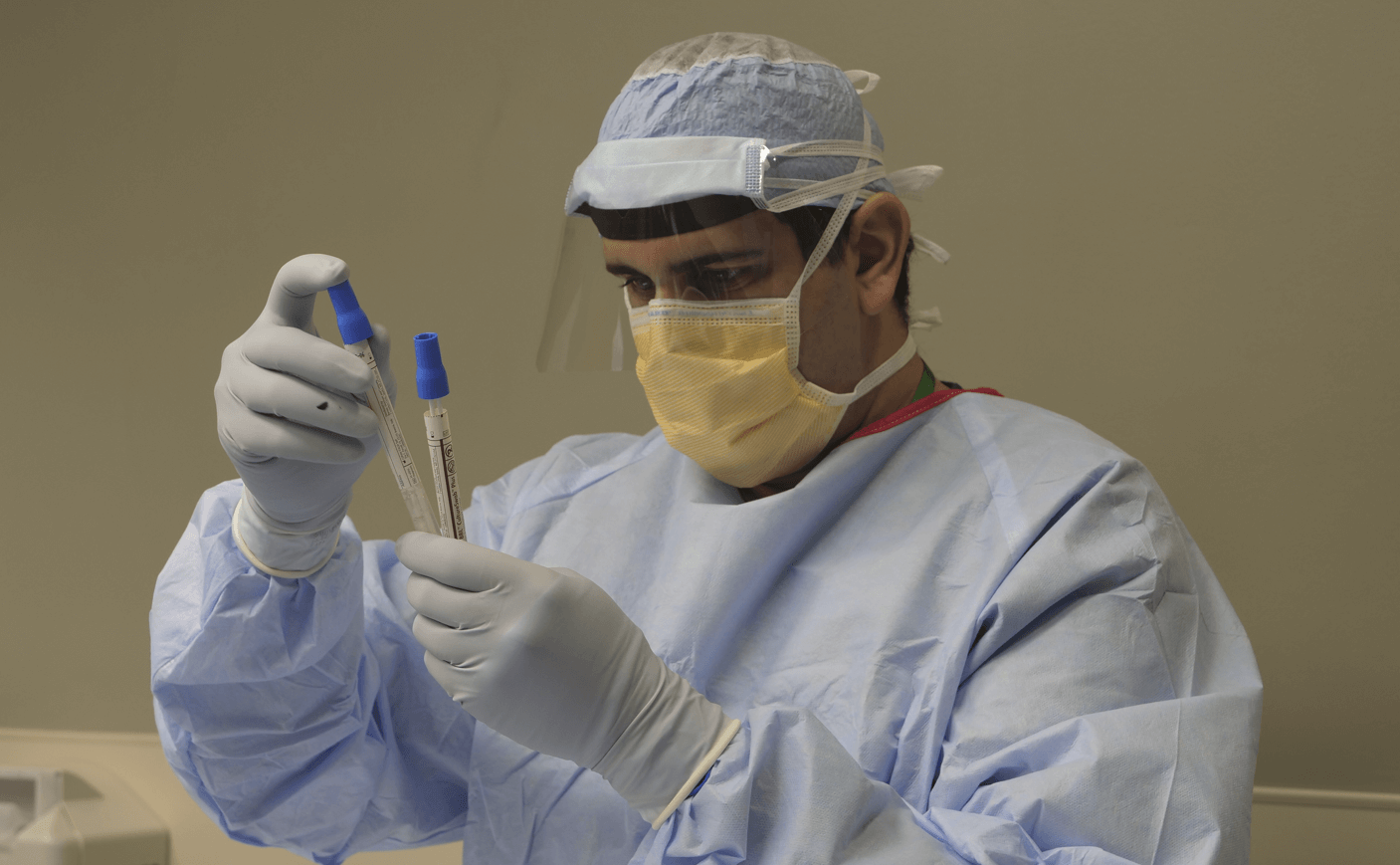
Want to learn more about organ and tissue donation?
If you have additional questions about the organ donation process, we offer answers to commonly asked questions about organ donation. The U.S. Department of Health and Human Services has information to share about religious positions on organ, tissue and eye donation. You can also contact us at our Ann Arbor office location using the information located below.


